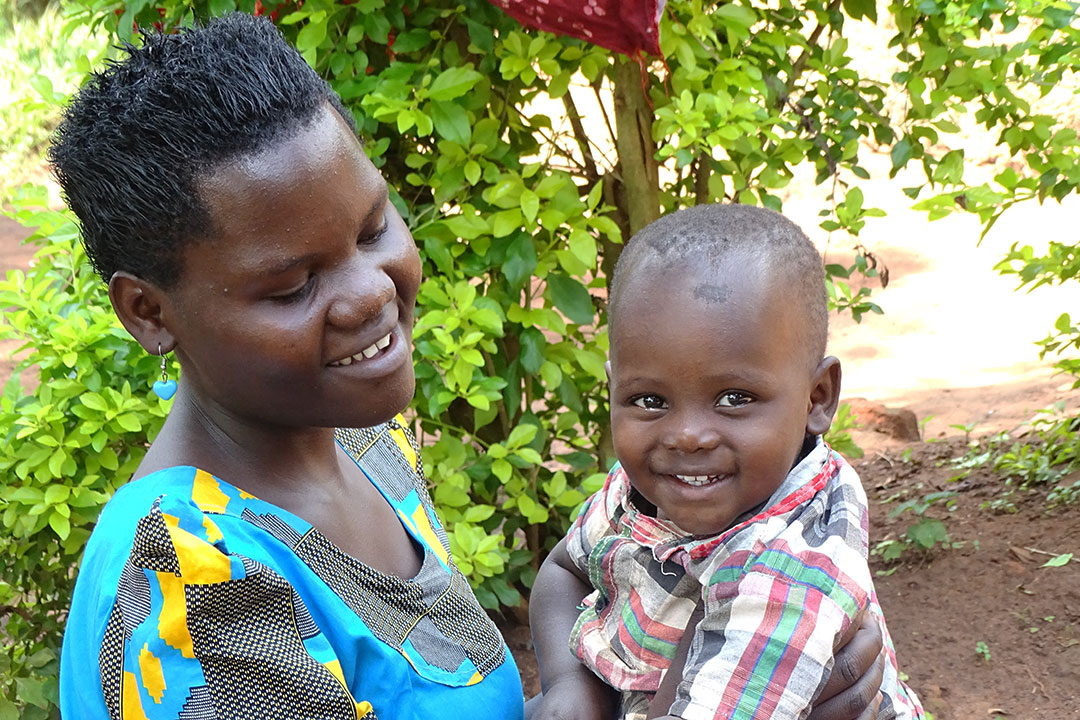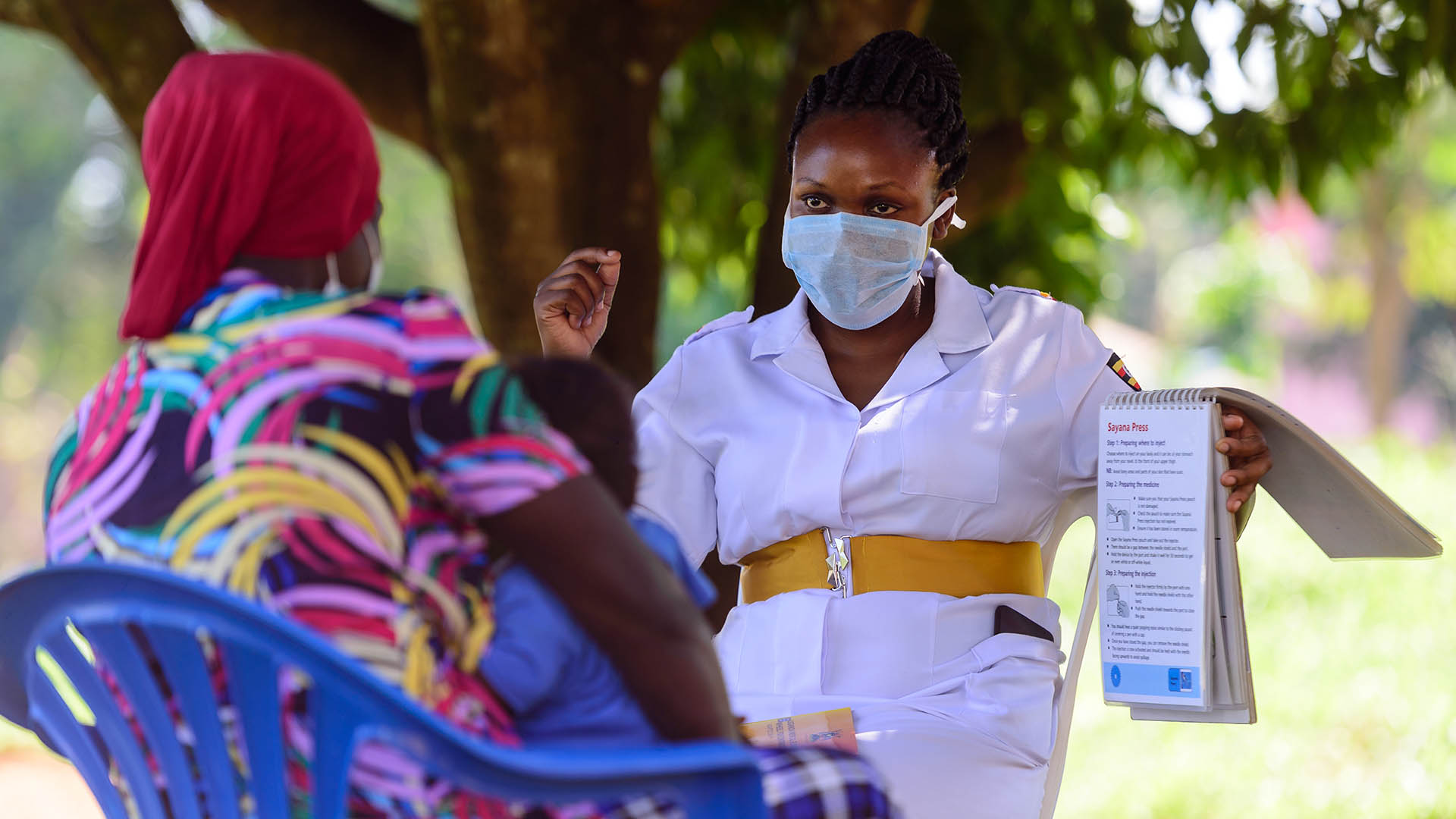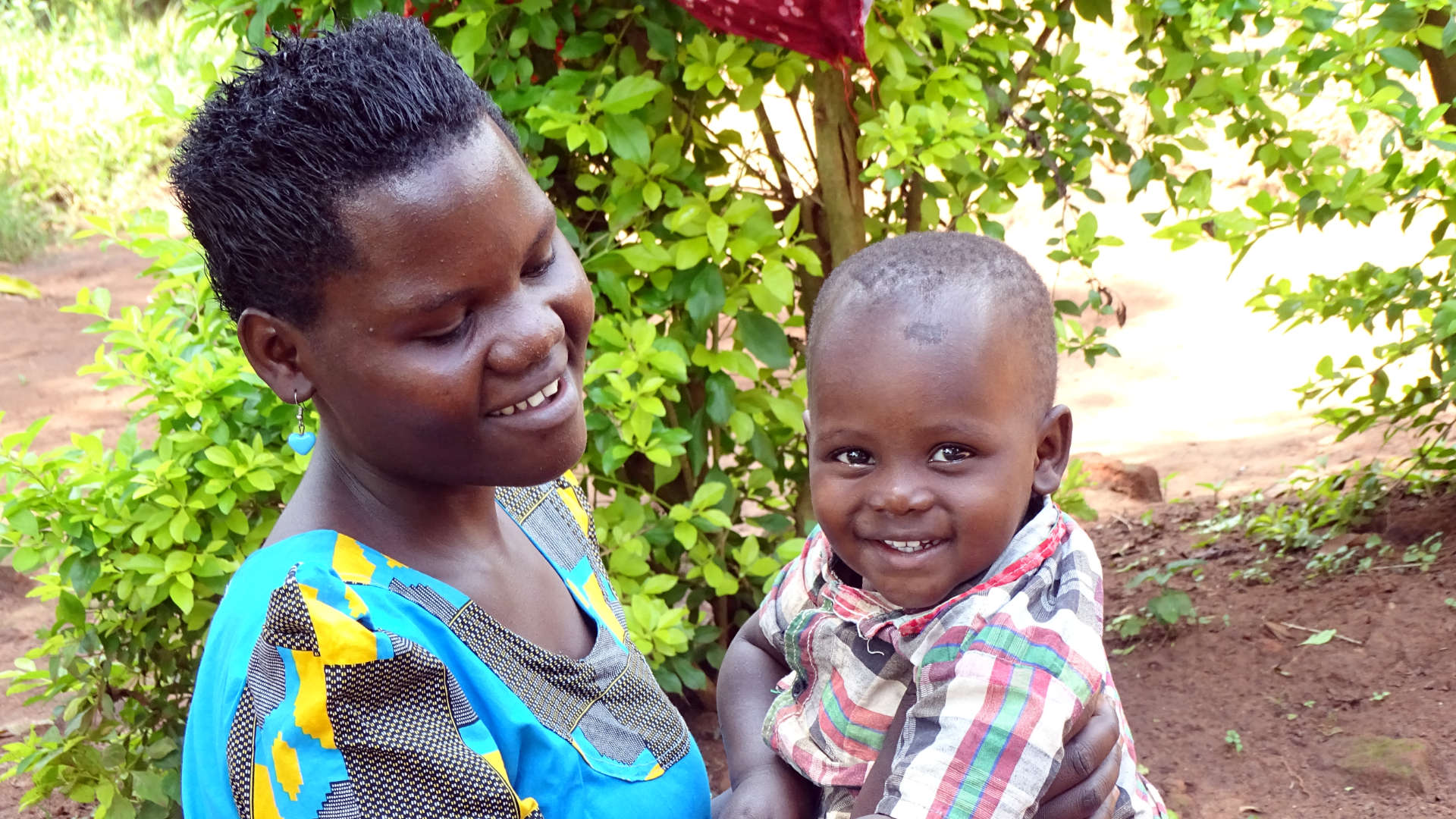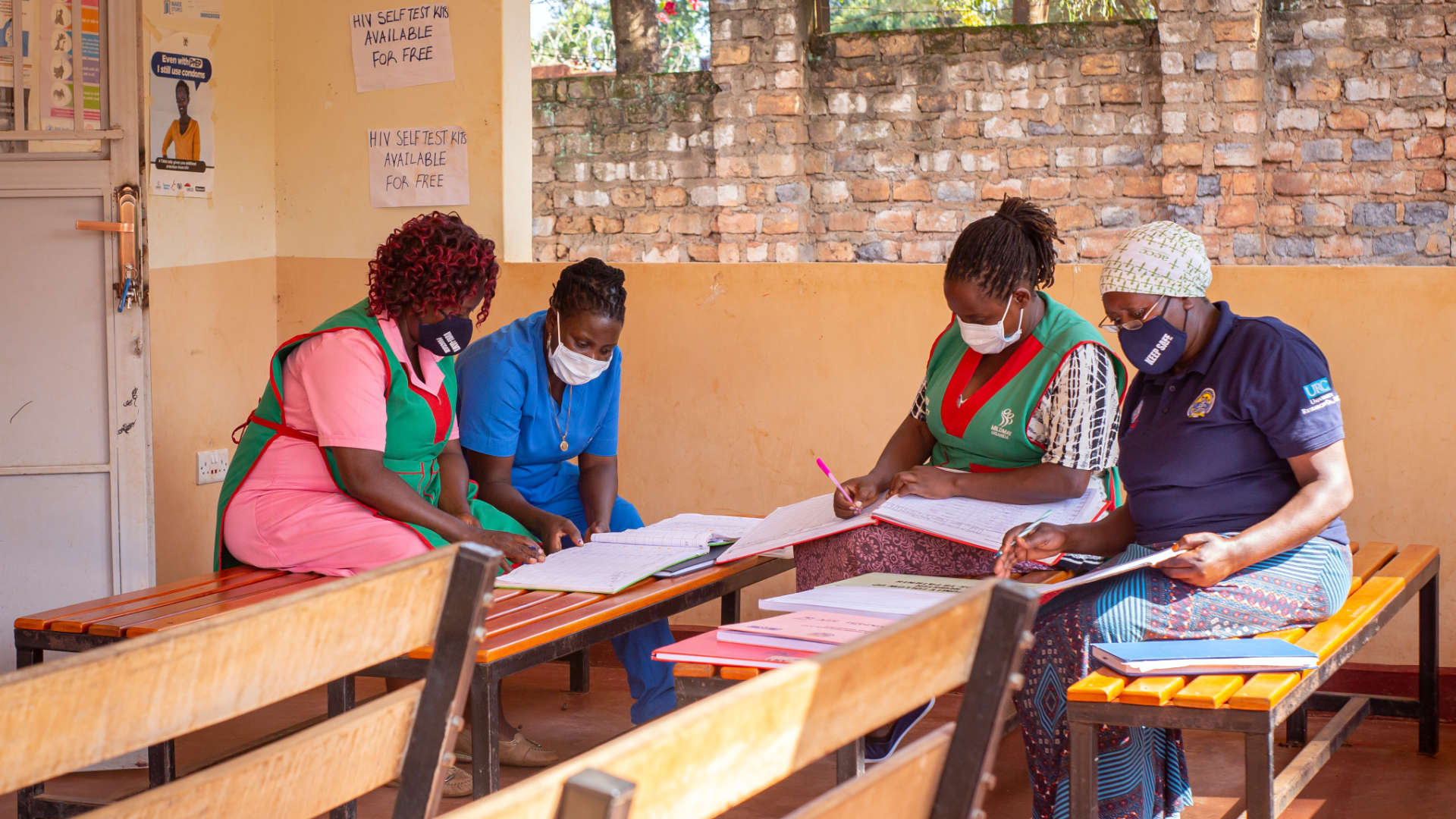Hajira, a 22-year-old mother living in Bulamawo Village in Luuka District, East Central Uganda, was not producing enough breast milk for her two-month old son Nicholas. Nicholas weighed only 3 kilograms – well below the 5-kilogram average weight of a two-month old boy – and suffered from frequent diarrhea. As a stay-at-home mother who relied solely on her husband, a traveling carpenter, for support, Hajira needed additional resources to get Nicholas’ health back on track.
A community health worker in Bulamawo Village knew of Hajira’s breastfeeding struggles and encouraged her to enroll in the Kyebajja-Tobona Family Life School (FLS), an initiative supported by the USAID Regional Health Integration to Enhance Services in East Central Uganda (RHITES-EC) Project. FLS promotes breastfeeding and other critical practices that improve maternal, newborn, and child health (MNCH) outcomes.
The World Health Organization recommends mothers initiate breastfeeding within one hour after delivery and exclusively breastfeed infants for the child’s first six months to achieve optimal growth, development, and health. According to regional and national surveys, in Luuka District, only 19 percent of infants are exclusively breastfed, below the 23.5 percent regional and 60 percent national average. To improve breastfeeding rates and overall MNCH outcomes, USAID RHITES-EC implements FLS in Waibuga and Ikumbya sub-counties in Luuka District. Community health workers identify and recruit local women and men to participate in FLS and community members who have adopted the desired practices and behaviors help lead the classes.
Each FLS session provides information on a range of topics, including exclusive breastfeeding, appropriate complementary feeding, timely immunization, and critical hygiene practices. When Hajira attended her first FLS session in February 2018, she was not practicing exclusive breastfeeding. “I started feeding him [Nicholas] cow’s milk and water because I did not have adequate breast milk.” Hajira’s FLS leader provided breastfeeding counseling and taught her how to prepare porridge when her son began complementary feeding at six months. Hajira also learned about different food groups and how to combine available “energy giving” foods like cassava, potatoes, bananas, and pumpkin; “body building” foods like beans and silver fish; and “body protective” foods like green leafy vegetables, eggplant, and avocado.
When Hajira started eating diverse, nutrient-dense foods and following appropriate feeding practices, she was able to successfully breastfeed her child “I now have enough breast milk and Nicholas has a good appetite and no longer has frequent diarrhea,” said an elated Hajira. At 19 months Nicholas weighed 12 kilograms and is thriving.
With support from key district personnel and healthcare workers, USAID RHITES-EC has established 46 FLS reaching nearly 3,000 households in Waibuga and Ikumbya sub-counties with critical breastfeeding education and health messages that promote improved MNCH.
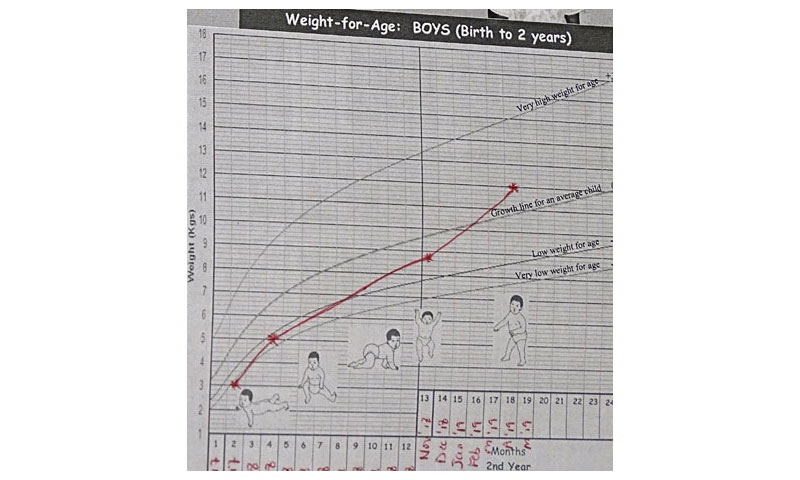
Photo credit: Louisa K. Nakitende, USAID RHITES-EC Project
The Family Life School Approach
FLS focuses on the critical first 1,000 days of a child’s life, beginning with pregnancy and continuing through a child’s second birthday. FLS promotes practices that improve maternal, newborn, and child health outcomes, including exclusive breastfeeding, antenatal care, timely immunization, family planning, appropriate complementary feeding, household food/nutrition security, and water, sanitation, and hygiene practices. The classes are organized based on the child’s stage of growth within the first 1,000 days.
- Mama Class: pregnant women
- Baby Class: families with babies under 6 months old
- Family Class: families with babies 6-24 months old
